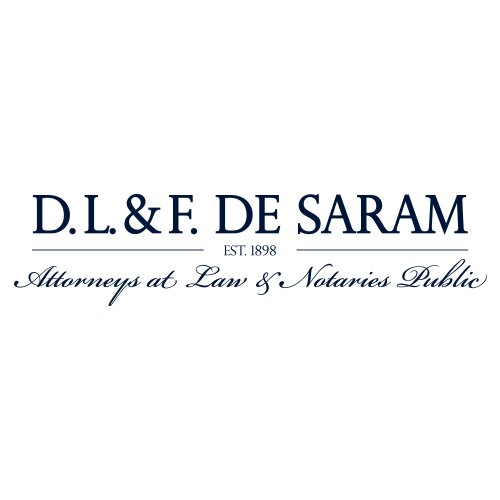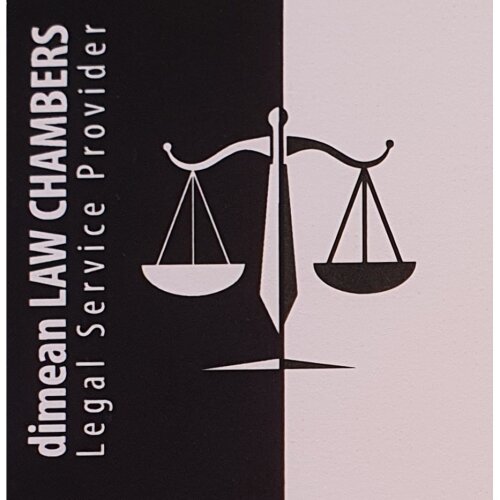Best Art & Cultural Property Law Lawyers in Sri Lanka
Share your needs with us, get contacted by law firms.
Free. Takes 2 min.
Or refine your search by selecting a city:
List of the best lawyers in Sri Lanka
About Art & Cultural Property Law in Sri Lanka
Art & Cultural Property Law in Sri Lanka encompasses a range of legal issues related to the protection, preservation, and management of cultural heritage, art, and artifacts. Given Sri Lanka's rich history and cultural diversity, the law aims to prevent the unauthorized removal or destruction of cultural objects, safeguard intellectual property rights of artists, and regulate the trade of cultural goods. This field of law recognizes the importance of preserving Sri Lanka's cultural heritage while also addressing contemporary issues such as art restitution and heritage site protection.
Why You May Need a Lawyer
Individuals or organizations may find themselves needing legal advice in Art & Cultural Property Law under a variety of circumstances. Situations that often require legal assistance include:
- Disputes over ownership or provenance of artworks or cultural artifacts
- Issues regarding the exportation or importation of cultural property
- Negotiations for loans or exhibitions of artworks
- Legal representation in cases of art theft or forgery
- Protection of intellectual property rights related to art
- Compliance with national and international cultural property laws
- Legal advice for museums and private collectors
Local Laws Overview
Key aspects of local laws in Sri Lanka relevant to Art & Cultural Property Law include:
- The Antiquities Ordinance No. 9 of 1940, which governs the preservation and management of antiquities and sites of historical or archaeological significance
- The National Heritage Act No. 11 of 1980, which establishes the framework for protecting and managing national heritage sites and cultural properties
- The Intellectual Property Act No. 36 of 2003, which protects creations of the mind, including artistic works
- Regulations concerning the importation and exportation of cultural property to prevent illegal trade and ensure the return of unlawfully removed cultural items
Frequently Asked Questions
What is considered a cultural property in Sri Lanka?
Cultural property includes ancient artifacts, historical objects, artworks, architecture, and sites of archaeological or historical importance.
Can I sell an artifact I found on my property?
In Sri Lanka, any discovered artifact may be considered state property. Selling it without government approval is generally illegal.
Are there restrictions on exporting artworks from Sri Lanka?
Yes, there are strict regulations governing the export of artworks and cultural artifacts to prevent unlawful removal from the country.
What should I do if I inherit cultural property?
Seek legal advice to ascertain the property's legal status and ensure compliance with national laws protecting cultural heritage.
What constitutes art forgery under Sri Lankan law?
Art forgery involves the creation or alteration of an item with the intent to deceive others regarding its origin, authenticity, or authorship.
How do I prove ownership of an artwork?
Proof of ownership can be established through documentation such as invoices, receipts, provenance records, and prior purchase history.
What are the penalties for dealing in stolen art?
Penalties can include fines, imprisonment, and the seizure of unlawfully obtained artworks.
How can artists protect their intellectual property rights?
Artists in Sri Lanka can protect their rights by registering their works under the Intellectual Property Act and pursuing legal action in case of infringement.
What role does the Department of Archaeology play?
The Department of Archaeology is responsible for preserving and regulating access to archaeological sites and artifacts in Sri Lanka.
Where can I report suspected art theft?
You can report suspected art theft to local law enforcement or relevant government bodies involved in heritage protection.
Additional Resources
For further information and support, consider these resources:
- The Department of Archaeology
- The Ministry of Cultural Affairs
- The Central Cultural Fund
- Local chambers of commerce with cultural divisions
- Legal firms specializing in art and cultural property law
Next Steps
If you need legal assistance in Art & Cultural Property Law, consider the following steps:
- Consult a lawyer specializing in art or cultural property law to understand your specific situation
- Gather all documentation and evidence related to your case or inquiry
- Contact relevant government bodies if your issue pertains to public cultural items or heritage sites
- Join relevant cultural heritage organizations to stay informed about ongoing legal matters and advocacy efforts
Lawzana helps you find the best lawyers and law firms in Sri Lanka through a curated and pre-screened list of qualified legal professionals. Our platform offers rankings and detailed profiles of attorneys and law firms, allowing you to compare based on practice areas, including Art & Cultural Property Law, experience, and client feedback.
Each profile includes a description of the firm's areas of practice, client reviews, team members and partners, year of establishment, spoken languages, office locations, contact information, social media presence, and any published articles or resources. Most firms on our platform speak English and are experienced in both local and international legal matters.
Get a quote from top-rated law firms in Sri Lanka — quickly, securely, and without unnecessary hassle.
Disclaimer:
The information provided on this page is for general informational purposes only and does not constitute legal advice. While we strive to ensure the accuracy and relevance of the content, legal information may change over time, and interpretations of the law can vary. You should always consult with a qualified legal professional for advice specific to your situation.
We disclaim all liability for actions taken or not taken based on the content of this page. If you believe any information is incorrect or outdated, please contact us, and we will review and update it where appropriate.
Browse art & cultural property law law firms by city in Sri Lanka
Refine your search by selecting a city.

















